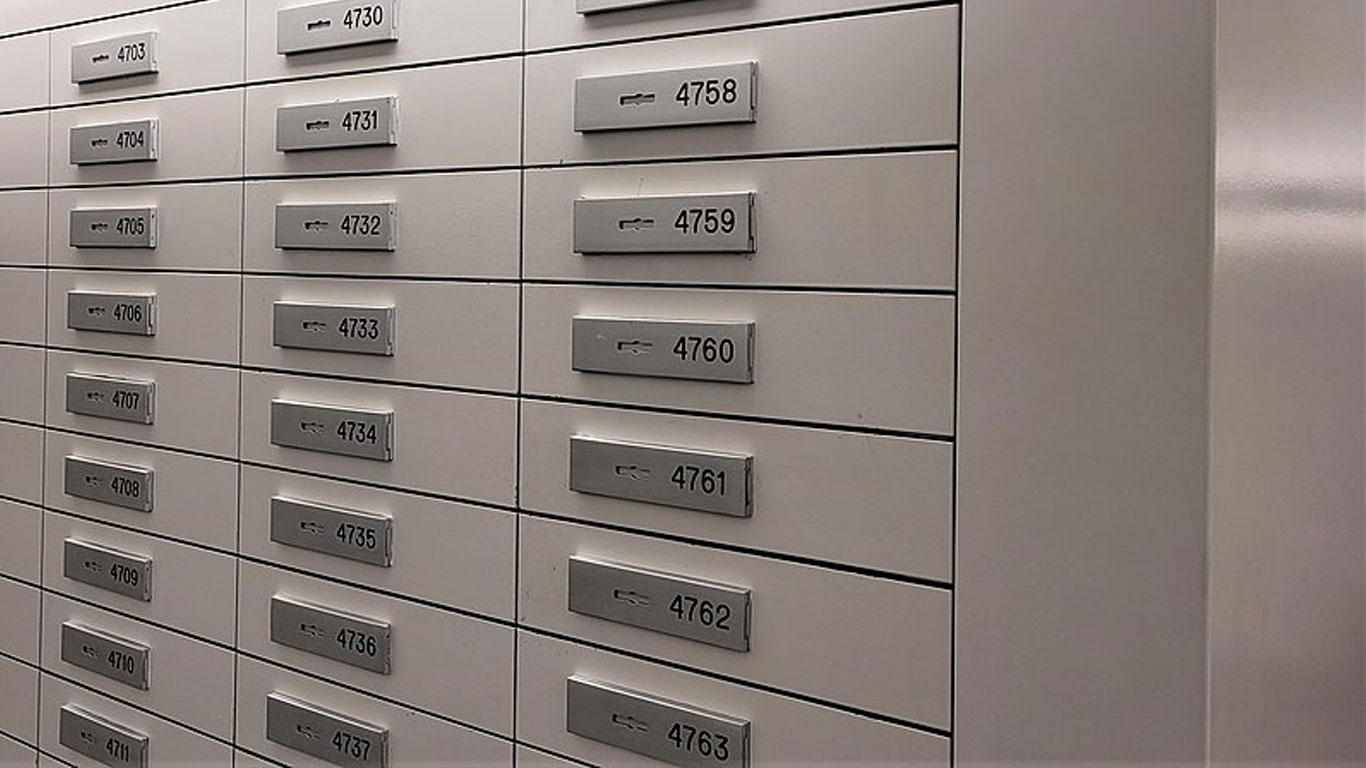Do you read obituaries? Have you ever read one and thought it was great? Have you ever considered writing your own?
An obituary, at the minimum, conveys the date of death and location of memorial services of the deceased. At the best, it weaves a tale of a life well-lived and leaves us with a sense of the person who has left us. It can allow the reader to celebrate a life and grieve the loss.
Obituaries are traditionally written by those left behind but more and more often, they are written by the individual. Thanks, Boomers, for encouraging this change! They have also gone from a dry list of dates to life stories and lessons learned. Let’s ring in the new era of salient and/or salacious stories!
First step:
Jot down the important milestones of your life. Include relationships, education, jobs, military service, accomplishments, children, moves, hobbies, etc. Once you have an outline, you can start filling in the gaps.
Second step:
List the standard information:
- Name
- Accomplishments
- Location of services, and donation and flower preferences
- List of those left behind
Since it’s unlikely you know your date and cause of death at this point, just leave a place for that information to be inserted later. If you’d rather not list the cause of death, make a note.
Now the fun stuff:
- What makes you…you? What do you do well? What do you do poorly? Are you a funny person or a serious one? What is important to you? How do you want to be remembered? Write down whatever comes to you and don’t hold back – you can eliminate items later.
- Is there a personal story that you feel captures or illustrates your personality? Fishing as a child? Traveling as an adult? Learning to cook? Volunteer experiences? Favorite pet? Write it down a couple of examples and be descriptive. The best stories have details of the people who were there, the way you felt, what you ate, what the weather looked like, the way people were dressed. Draw a picture for your readers.
- Do you have words of wisdom or life lessons that you’d like to share with your family and friends? Or with the world at large? Write down a handful of ideas and then expand on the ones you feel are the best.
- Are there people who influenced your life or people you admired? Why? And what impact did that influence have on your life?
What NOT to include:
- Your birth date (to protect from identity theft).
- Your home address (unfortunately there are bad guys watching obituaries to rob empty homes and prey on grieving families).
- Reconsider “get even” comments. Remember this is your last communication with the world so make sure the tone conforms to the way you want to be remembered. If you have a relationship that needs closure, consider doing that before you are gone.
Final notes:
- Newspapers charge by the inch. A friend recently paid more than $1,500 to publish her husband’s obituary for just three days. She had the money, but you may want two versions: a short one for the newspaper and a longer one for Facebook and other social media outlets.
- You might also want a version for business use (LinkedIn, industry newsletters, etc.) or social groups (fraternity, religious, etc.)
- Have someone proofread your obituary for spelling, etc., but also for omissions. You don’t want to forget someone important.
- Consider having a studio portrait done. We’ve all seen the obituary of a woman in her 90’s with a circa 1960’s picture. Your family and friends want to remember you as you are now – not preserved like a fly in amber. Even a thoughtful selfie is better than that high school graduation shot. Read some tricks here.
- Write it now and review it annually, or if there are big changes in your life.
- Make sure you tell whoever will be handling your estate that you’ve written your obituary and where it is located.
Stuck?
Here are some examples of funny, highly rated, and popular obituaries. There are also lots of resources online.
Writing your own obituary gives you the opportunity to control your last communication to the world. It also takes the pressure off the people left behind so enjoy the process!




